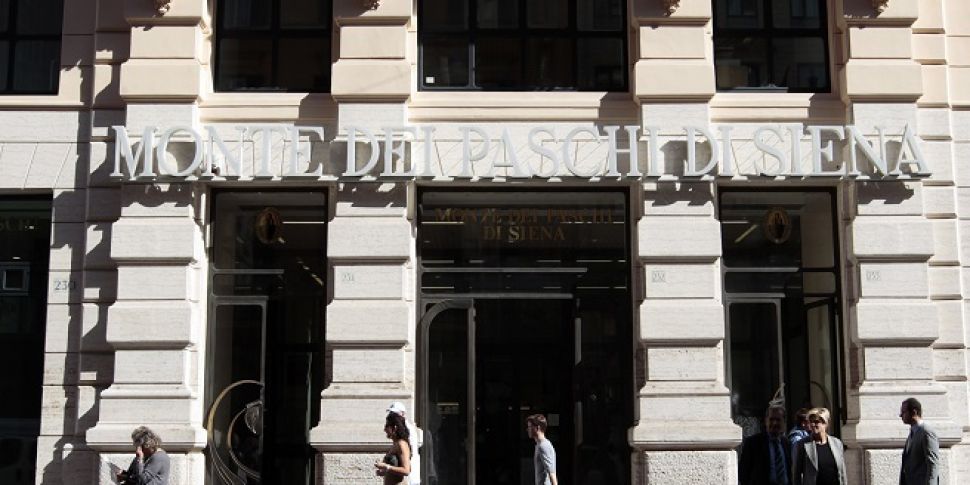On the brink of a potential bailout if its third cash call in as many years fails, Banca Monte dei Paschi di Siena SpA and its dire financial situation could be thrown into limbo as Italy regroups following the resounding 'No' to Prime Minister Matteo Renzi's constitutional reform referendum over the weekend.
Hoisted by his own political petard, Renzi has said he will make good on his promise to resign if the vote did not go his way, with the prospect of a new technocracy taking charge of the Mediterranean nation, populist parties sniffing an opportunity to get power and instability abounding.
Founded in Siena in 1472, Monte dei Paschi is known as the world's oldest surviving bank, but has been better-known is recent years for its struggle to hang on to that title.
The most recent chapter in its efforts saw it win approval to attempt a critical €5 billion capital increase last week. The first part of a complex plan saw it run a debt-for-equity swap, as bondholders agreed to convert close to a quarter of €4.3 billion subordinated bonds for equity.
The next step would have been a stock sale, if there was sufficient demand. The amount this could raise would hinge on the outcome of the debt swap, as well as how much the bank could line up from anchor investors in advance.
The referendum outcome has already had a negative impact on the Italian banking sector, however, with Monte dei Paschi down 4% in early afternoon trading. UniCredit SpA, Italy's largest bank by assets, fell by over 5%, while Banco Poplare di Milano fell more than 7%.
The Wall Street Journal is now reporting that Monte dei Paschi's recapitalisation is unlikely to go ahead in the wake of the vote.
If the bank fails to find a private-sector solution – the chances of which are slim, though new CEO Marco Morelli has travelled to Doha with rumours swirling that Qatar Investment Authority could reveal itself to be a last-minute saviour – the paper says nationalisation is "more likely".
The bank is meeting advisers today, with the Monte dei Paschi board set to sit down on Tuesday.
The Italian government has been in regular contact with the European Commission, discussing this scenario if the recapitalisation efforts fell short. Finance minister Pier Carlo Padoan reportedly asked the commission how the state could help without breaking regulations on state aid.
A decision on whether the bank should be nationalised could only be reached once Italy has a new government in place, while a prime minister-designate could be chosen by President Sergio Mattarella as soon as the end of this week.
There may be some breathing space even if the capital isn't raised, if the European Central Bank decides to let the issue run into 2017 without a resolution. It had originally told Monte dei Paschi to clean up its balance sheet and raise the funds to cover losses from a planned disposal of €28bn in bad loans by the end of the year.
Monte dei Paschi has already received €4 billion taxpayer money. Now a proxy for the entire banking system in Italy, a failed share sale could have knock-effects for its rivals. The Genoa-based Banca Carige SpA is under pressure from the ECB to strengthen its balance sheet, while UniCredit SpA is considering a share sale of its own.









